I have two types of comments as following. I have regular expression \/\*.*\*\/ does not find second type of comments but first one. I think it is because of its having multiple lines?
What modification is required for regular expression to find both types of comments?
First type:
/* Comment type1 */
Second type:
/*
* JD-Core Version: 0.7.0.1
*/
